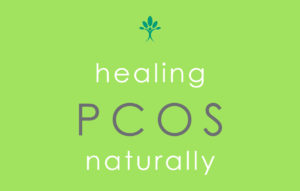Tis the season of the summer cold and one nutrient to keep in mind, whether you are trying to prevent or trying to decrease the time of a cold is zinc. Zinc is stored in muscle, spleen, bone marrow and liver. Both the red blood cells and the white blood cells also have high concentrations of zinc. Zinc affects many aspects of the immune system, from the barrier of the skin to gene regulation within lymphocytes and is crucial for the development and function of those cells mediating nonspecific immunity. People with zinc deficiency have been found to have dysfunctional T lymphocytes and B lymphocytes. Deficiency symptoms of zinc include growth retardation, increased susceptibility to pathogens, delayed sexual development, anemia, decreased sense of smell and taste, delayed wound healing, eczema, psoriasis, acne and night blindness.
Zinc also plays a role in immunity by acting as an antioxidant, protecting cells from the damaging effects of free radicals generated during immune activation.
The RDA requirement of zinc (which is the minimum amount needed to prevent disease) is 15mg/day, however the average daily intake in the U.S. is 10 mg. During a cold, the need for zinc can increase to 30mg/day or more if starting out with a deficiency. Some food sources of zinc include oysters, beef, turkey, cheddar and swiss cheese, swiss chard, roast beef, ground beef, lima beans, potato, oats, mustard greens, pumpkin seeds, soybeans, tuna, ginger root, wild rice, peas, lentils, cashews, and sunflower seeds. Food processing removes a large amount of zinc and other minerals, which is one reason a whole foods diet is best for obtaining nutrients from foods.
The other therapeutic uses of zinc include rheumatoid arthritis, eczema, acne, skin damage, intestinal damage, cervical dysplasia, anosmia, pharyngitis, infertility, copper toxicity, cataracts, macular degeneration and anorexia nervosa.


Comments are closed.